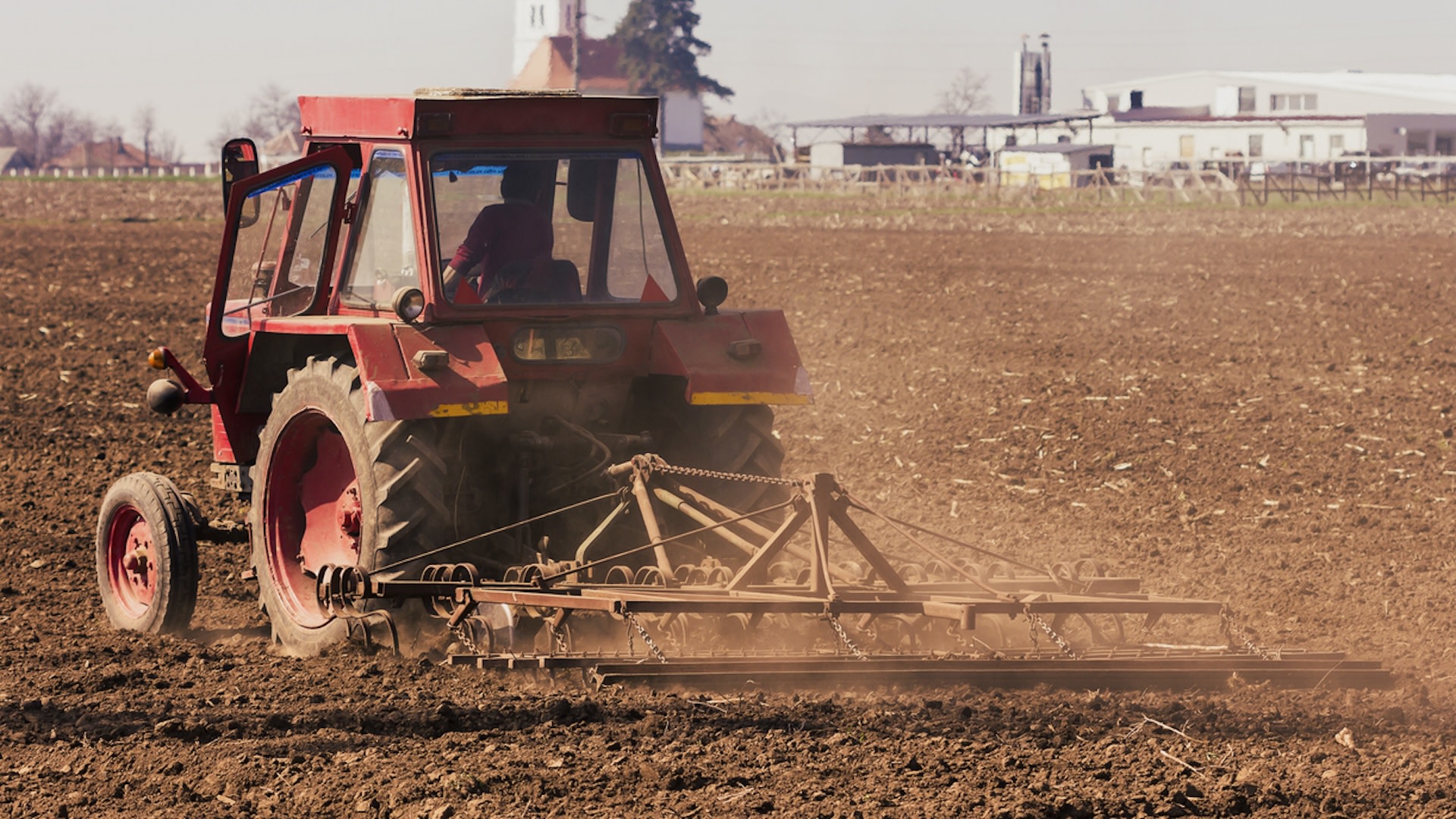For farmers growing special fruits and veggies, dealing with wild weather swings and finding cheap insurance is like walking through a storm without an umbrella.
What's happening?
The Earth's climate is making extreme weather events such as droughts and floods more common. Floods ruin crops, droughts dry them out, and without insurance, farmers are left holding the bag when things go south. It's a tough spot when their whole way of life is on the line.
As reported by The New York Times, Bernie Smiarowski, a farmer in western Massachusetts, lost nearly $1.25 million worth of potatoes due to floods last year.
"We had two extremely wet years, sandwiched around one of the driest years I've ever seen," Smiarowski said. "We can't sustain another year like last year."
Efforts to increase access to farm insurance are currently being debated in Congress as part of the next Farm Bill, per the Times, but there is a significant divide between the needs of small specialty farmers and large commodity crop producers.
Why is crop insurance important?
The lack of accessible and affordable crop insurance for specialty farmers is a major concern because it threatens the future of our food supply.
Specialty crops, which include many fruits and vegetables we see in supermarkets, are more difficult to insure compared to commodity crops like corn and soybeans. This means that in the face of increasingly unpredictable weather, many farmers are at risk of losing their livelihoods. If this problem persists, it could lead to fewer specialty crops being grown, impacting the variety and availability of fresh produce for consumers.
What's being done about crop insurance?
Lawmakers and advocates are pushing for adjustments to the federal crop insurance program to better support specialty crop farmers.
Proposals include making insurance policies more affordable and streamlining the application process. Senator Debbie Stabenow has suggested incorporating highly subsidized insurance policies for specialty farmers into the farm bill, as reported by the Times.
Additionally, a stand-alone bill co-sponsored by Senator Cory Booker aims to provide incentives for insurance agents to work with these small-scale farmers, as the Times report mentioned. Despite some resistance, these efforts are crucial to ensuring that all farmers have a safety net in the face of a changing climate.
Consumers can support local farmers during this time of need. To support these farmers, consider shopping smarter at local markets or using apps like Farmish to connect directly with growers. By purchasing fresh produce straight from the source, you not only bolster farmers financially but also gain access to high-quality, seasonal foods while reducing the environmental impact of long-distance transportation.
Additionally, visiting and buying from farmers markets, especially those serving under-resourced communities like Beverly Grant's Mo' Betta Green farmers market in Denver, promotes accessibility to nutritious, locally grown foods and fosters a more sustainable and equitable food system.
By making eco-friendly choices every day, we can also help reduce the harmful effects of Earth's changing climate on farmers.
Join our free newsletter for cool news and actionable info that makes it easy to help yourself while helping the planet.









